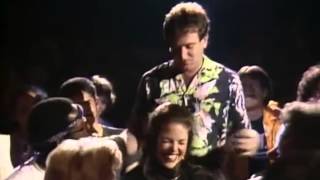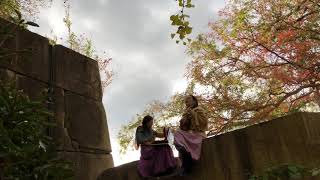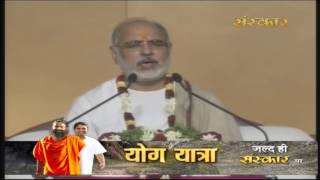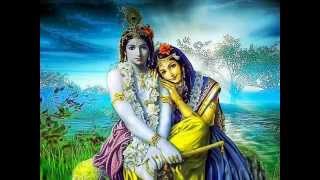Saturday, 10 January, 2026г.
















Где искать: по сайтам Запорожской области, статьи, видео ролики
пример: покупка автомобиля в Запорожье
Robin Williams Says "Hare Krishna"
This video is about: Robin Williams , Hare Krishna:
"Śrīmad-Bhāgavatam, Sixth Canto, Second Chapter, verse 14, indicates that the chanting of the Hare Kṛṣṇa mahā-mantra, even in joking, in the course of ordinary discussion, in indicating something extraneous, or in negligence, is called nāmābhāsa, which is chanting that is almost on the transcendental stage. This nāmābhāsa stage is better than nāmāparādha. Nāmābhāsa awakens the supreme remembrance of Lord Viṣṇu. When one remembers Lord Viṣṇu, he becomes free from material enjoyment. Thus he gradually comes forward toward the transcendental service of the Lord and becomes eligible to chant the holy name of the Lord in the transcendental position" Sri Caitanya-caritamrta - 1975 Edition : Adi 17.200 : PURPORT
"So this Kṛṣṇa consciousness movement is so nice that even people joke with us, "Hare Kṛṣṇa," it goes to his credit, even joking." ~A.C. Bhaktivedanta Swami Prabhupada
"Sometimes they joke: "Oh, these people are chanting 'Hare Kṛṣṇa, Hare Kṛṣṇa,' " and they joke also, "Hare Kṛṣṇa!" sometimes seriously, sometimes joking. So joking, they are chanting Hare Kṛṣṇa—that is taken to their credit, although he is joking; he is not serious. Sāṅketyaṁ pārihāsyaṁ stobham. Sometimes we make fun. To complete one sentence sometimes we, "Hari," "Kṛṣṇa," we add it. So that is also accepted. And then helanam eva vā. Helanam eva vā. Just like sometimes in the Western countries there is propaganda, as it was in Germany. Now they are going in Japan: "These Hare Kṛṣṇa people are very bad." But he's chanting Hare Kṛṣṇa. While saying that "Hare Kṛṣṇa people are very bad," but the "Hare Kṛṣṇa" is chanted." ~A.C. Bhaktivedanta Swami Prabhupada: Lectures : Srimad-Bhagavatam 6.2.14 -- Vrndavana, September 17, 1975
Теги:
Robin Williams (Celebrity) Krishna (Deity) Hare Krishna (Religion) Hare Krishna Prabhupada Krishna Consciousness original hare krishnas
Похожие видео
Мой аккаунт


 У вашего броузера проблема в совместимости с HTML5
У вашего броузера проблема в совместимости с HTML5


